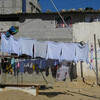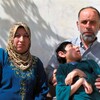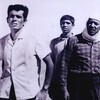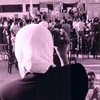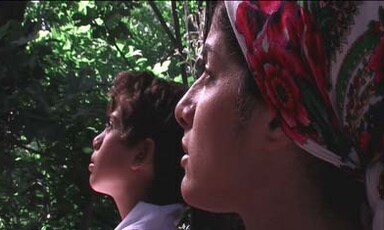
From Generation to Generation
15 May 2006
Today marks the 58th anniversary of the expulsion of Palestinians from their land, also known as the Nakba. With millions still living under occupation or in exile, the Nakba or the Palestinian catastrophe remains at the heart of their national identity, argues Karma Nabulsi. The predicament of life under military occupation is usually recognised in principle, but life in exile has its own characteristics, and continues to create its own bitter experience for Palestinians. Read more about From Generation to Generation

